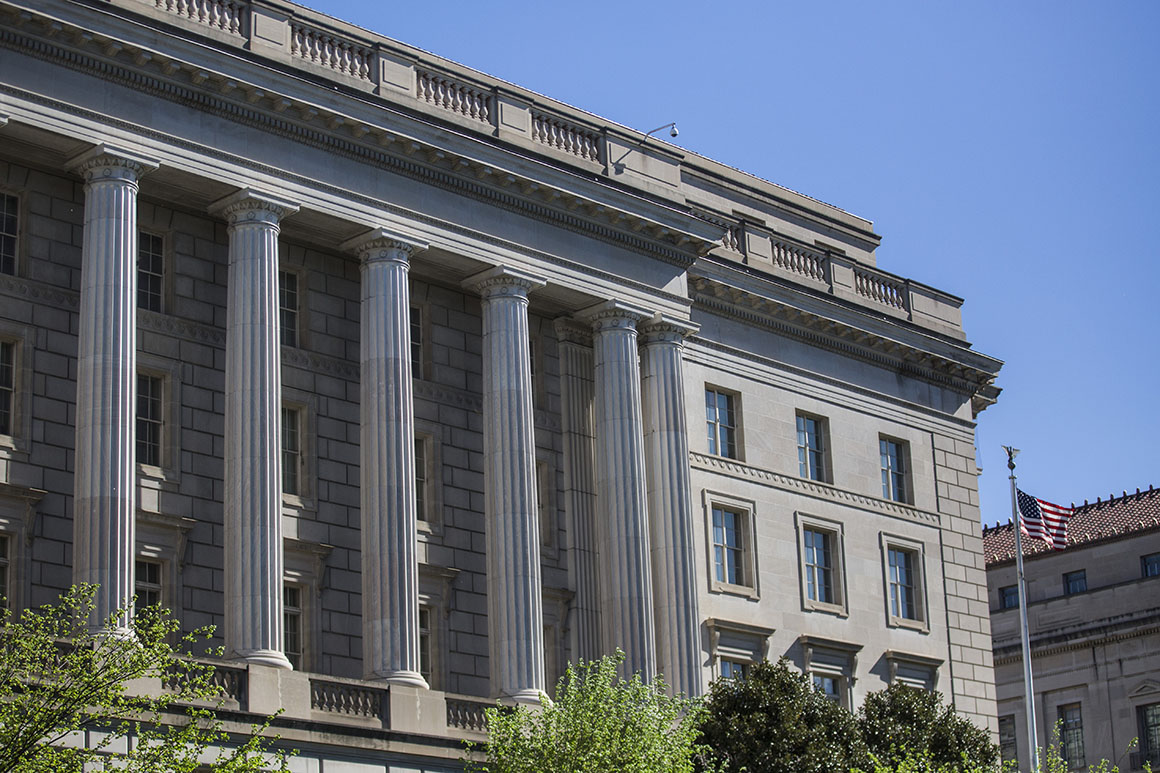
Social Security shares that information with the IRS but it can take awhile for some to show up in the “death master file,” and some are never reported. (At the same time, thousands every year are mistakenly declared dead).
It’s unclear when coronavirus victims, for example, would show up in the records. The agency says it updates its files weekly, though it did not respond to questions about how quickly someone who dies is entered in its database.
Meanwhile, the number of people killed by the virus has grown rapidly, with the vast majority of the more than 40,000 victims dying in the past month, according to Johns Hopkins University. More than 10,000 have died in the past week, its tally shows.
Even so, lawmakers have pressed the IRS to get the money out fast, and the agency says it has already issued 80 million payments. Treasury expects to ultimately pay some 170 million people.
To speed the payments, lawmakers told the IRS to rely heavily on tax information it already has on file, which in many cases is a year old. It directs the agency to first look at people’s returns this year to determine if they are eligible for the payments.
If they haven’t yet filed — and roughly one third of taxpayers have not — then the department is to look at people’s filings from last year – some of whom have since surely died.
Spokespeople for the Treasury Department and the IRS did not respond to questions about whether the government would ask for the money back. (When someone receives Social Security checks after they’ve died, the government requires them to be returned.)
It’s possible that at least some dead people could actually qualify for the payments, depending on when they died, said John Dalrymple, a former deputy IRS commissioner for services and enforcement.
“If you were alive on the day the legislation passed, I would guess, whether you died afterwards or not, you’re entitled to the benefit,” he said.
Others go further, saying that even if someone died before the law was enacted, they should get paid if they meet the income-eligibility criteria. They note there’s nothing in the law specifically banning payments to them, and that the departed can normally get tax refunds, for example, on returns filed after they’ve died.
In other parts of the coronavirus relief measure signed into law last month, Congress seemed to want the IRS to go easy in general on those receiving the payments.
Lawmakers said that even if someone’s earnings change, and they end up exceeding the income limits in one year after qualifying in another year, they still get paid. So if someone earned $70,000 in 2018, which is below the $75,000 cutoff for receiving the full $1,200 payment, and they haven’t yet filed this year, they still get a payment regardless of how much they end up reporting earning in 2019 — even if they made $1 million.
Similarly, lawmakers told the IRS not to withhold back taxes people may owe from their stimulus payments. So it wouldn’t be surprising if the agency didn’t try to recoup payments to the departed.
Back in 2009, the dead got paid mostly because the Social Security Administration didn’t know at the time that they had died, an inspector general later found. That review noted that about 41,000 payments were returned to the government.
“A lot of people will send them right back,” Dalrymple said.
“They’ll assume they really shouldn’t be getting them.”
Source: politico.com
See more here: news365.stream






